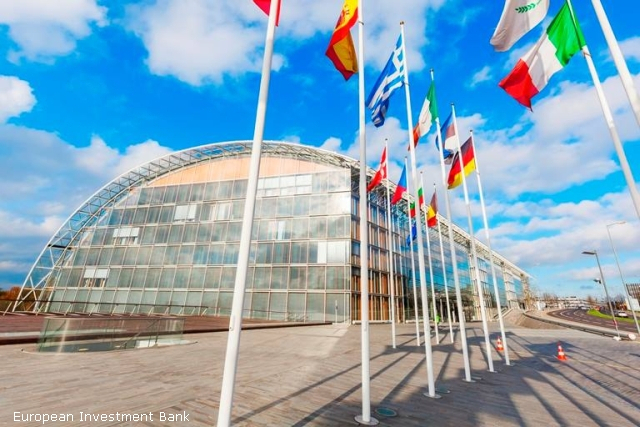European agreement to manage the crisis
The EU approves over 500 billion euros in measures to support countries affected by the COVID-19 pandemic

Daniela Budu, 10.04.2020, 13:50
At the end of difficult negotiations, the EU finance ministers reached a deal on an over 500-billion euro rescue package for the member states severely affected by the coronavirus pandemic.
The European Stability Mechanism will make 240 billion euro available in an emergency credit line to provide cash to member states. The European Investment Bank provides 200 billion euro worth of loans for small and medium-sized enterprises. And a further 100 billion euro will be made available by the European Commission to help companies retain workers, so that exporters can rebound once the pandemic passes.
The Eurogroup president, Mário Centeno, has announced the deal, which was the outcome of lengthy negotiations. This response contains bold and ambitious proposals that would have been unthinkable just a few weeks ago. We can all remember the response to the financial crisis of the last decade when Europe did too little, too late. This time around, it is different, Centeno said.
The French finance minister, Bruno Le Maire, described the deal as the most important economic plan in the EU’s history.
At the end of extensive talks, the 27 finance ministers have reached a consensus over strong responses to this unprecedented crisis, which is bringing many economies to their knees, the German finance minister Olaf Scholz said in his turn. He mentioned among these responses the strong support to the corporate sector, the very clear support to employees, allowing for the funding of partial unemployment, and support for the countries that need it through the European Stability Mechanism.
The deal reached in Brussels is “a good message for the EU citizens, who will know that the states work together and the Union is effective, the German official also said.
In the online negotiations, northern European countries were on one side, and the south of the continent, the most badly hit and the most fragile in economic terms, on the opposite side. Italy and Spain asked for funds to spend as they see fit, but the Netherlands insisted on strict conditions.
A compromise was eventually reached, and any government borrowing money under this agreement is bound to use it strictly for COVID-19 prevention. The EU finance ministers rejected the idea, put forth by France and Italy, to share the costs of the crisis by issuing EU-underwritten “corona-bonds.
Previous talks had failed, with the EU leaders mainly divided over the conditions under which Eurozone member states may have access to low cost loans from the European support fund.
Both the German Chancellor Angela Merkel and the Italian PM Giuseppe Conte emphasised at that point the importance of a united response from the EU.
(translated by: Ana-Maria Popescu)






























